
Vietnam's tourism industry has just set a record for the number of international visitors in October.
PHOTO: NHAT THINH
According to statistics from the Vietnam National Administration of Tourism (Ministry of Culture, Sports and Tourism), October this year recorded 1.73 million international arrivals to Vietnam, an increase of 22.1% over the same period last year. This is also the highest number ever. Meanwhile, if calculated for the 10 months, the number of international arrivals to our country reached nearly 17.2 million, an increase of 21.5% over the same period last year and approaching the target of welcoming 22-23 million arrivals of the whole industry in 2025.
Lack of highly trained human resources
A reality pointed out by experts is that the quality of human resources has not yet "caught up" with the scale of the entire industry. Specifically, according to data from the Vietnam National Tourism Administration, the tourism industry in our country has about 2.5 million workers, but only about 800,000 direct workers, of which the proportion of workers trained in tourism is only about 45%. Notably, currently only about 10% of those trained have university and postgraduate degrees.
In addition, only about 60% of workers know and can use foreign languages (mainly English, other languages account for a very small percentage). This poses many challenges, but also opens many doors of opportunity for personnel who are willing to improve their professional and foreign language skills, according to experts.
Speaking to Thanh Nien on the sidelines of a press conference to launch a new master's program in tourism management jointly trained by the French-Vietnamese Center for Management Training (CFVG) under the University of Economics, Ho Chi Minh City, and the FERRANDI Paris School (France), Mr. Alain Nguyen, General Manager of Hoan My Resort Phan Rang ( Ninh Thuan ), said another notable fact is that many Vietnamese businesses are starting to buy hotels abroad.
"Therefore, students studying domestically can absolutely go abroad to work as managers for hotels invested by Vietnamese people, like what China, Malaysia or Singapore have done," Mr. Alain shared more about international job opportunities.
Regarding the domestic situation, he informed that in the past, many hotels had to hire foreigners to take on senior positions such as CEO or GM. However, more and more Vietnamese personnel are now taking on these positions, and this is an opportunity for Vietnamese students to advance in the industry after graduation.
Meanwhile, Prof. Dr. Rodolphe Bardot, Director of Academic Affairs and Master Program Development at FERRANDI Paris, believes that to attract international visitors, staff must simultaneously understand the local context and international characteristics. He gives examples of Asian, European or African visitors having different tastes and Vietnamese cuisine from the South to the North is also very diverse. How to reconcile these two factors to enhance the visitor experience is one of the issues that must be kept in mind.
Besides, the training program must also focus on scientific aspects and not just on practical application aspects, according to Professor Bardot.

Vietnam's culture and history are some of the factors that attract international visitors, according to experts.
PHOTO: NHAT THINH
Professor Ho Viet Tien, co-director of CFVG, added that to meet the needs of international tourists, tourism personnel must "internationalize" themselves, such as understanding the global market and learning how to work according to international standards. At the same time, they also need to cultivate knowledge and skills in green tourism, sustainable tourism, respect for local cultural identity, etc., which are factors that many foreign tourist groups are interested in.
International tourists increase demand for luxury travel
Another notable point pointed out by Mr. Bardot is that the world is increasingly interested in the high-class group of customers. Therefore, training human resources to support luxury services is also increasingly focused on by schools around the world, especially in countries that welcome a large number of international visitors such as France. In fact, in Vietnam, recently our country has also welcomed many USD billionaires to travel such as Bill Gates, Jensen Huang, Tim Cook...
Specializing in luxury tours, Mr. Dong Hoang Thinh, founder and operator of Dong DMC, said that to meet the needs of this industry, you must understand the behavior of high-class customers even when they have not done anything, from accommodation, sightseeing to food taste... To do this, in addition to using specialized assessment tools, the staff of this industry must also have many other special qualities such as sensitivity, hospitality...
"You also have to have experience in this field," he emphasized.
From a market perspective, Mr. Thinh said that the demand for luxury foreign travel among Vietnamese people is still limited. However, the opposite picture occurs with the group of international tourists who want to travel to luxury in Vietnam, when this segment accounts for 80% of Mr. Thinh's unit. "Luxury travel customers are increasingly luxurious. Currently, we focus on selling some special types of tours such as pilgrimage tours for religious guests, tours to ancient battlefields for veterans...", he shared.
Mr. Thinh added that technologies such as artificial intelligence (AI) are also having a significant impact on the tourism and travel service industry, especially for some units that have not prepared thoroughly. However, this only affects the management side, while the role of human resources in customer contact stages such as receptionists, tour guides, etc. is irreplaceable.
Therefore, job opportunities in human-centric fields such as restaurants, hotels and tourism are still very open in the AI era, according to the male leader.
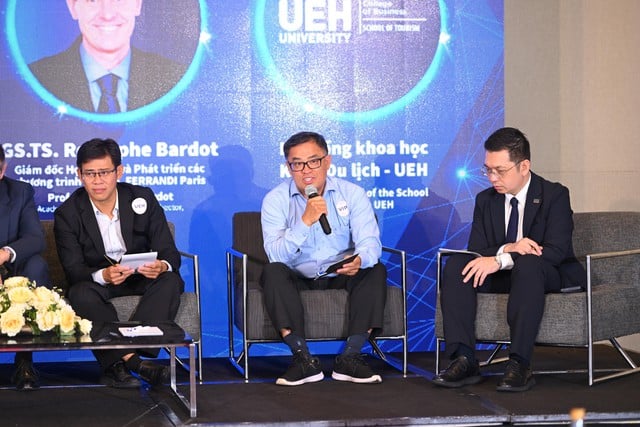
Dr. Nguyen Duc Tri called on big cities to immediately start developing high-end, luxury tourism.
PHOTO: NGOC LONG
Sharing more about the issue of luxury tourism, Dr. Nguyen Duc Tri, Head of the Tourism Department of the University of Economics, Ho Chi Minh City, called on major cities such as Hanoi, Da Nang, Ho Chi Minh City, and Can Tho to lay the foundation for developing this form of tourism right now instead of focusing on developing mass tourism. This will help maintain the tourism industry's revenue while not putting too much pressure on the infrastructure system thanks to the small number of visitors but high spending.
According to Dr. Tri, all products have two elements: "buy for yourself" and "buy for others". In luxury-related industries, the element of "buy for others" accounts for a particularly high proportion. People working in luxury tourism, therefore, must create experiences for customers that help them "sublimate their dreams and be admired by society" and schools can completely teach this content in the form of case studies, Mr. Tri shared.
Source: https://thanhnien.vn/viet-nam-don-khach-quoc-te-cao-ky-luc-hoc-gi-de-an-nen-lam-ra-185251112194508006.htm


![[Photo] General Secretary To Lam visits Long Thanh International Airport Project](https://vphoto.vietnam.vn/thumb/1200x675/vietnam/resource/IMAGE/2025/11/13/1763008564398_vna-potal-tong-bi-thu-to-lam-tham-du-an-cang-hang-khong-quoc-te-long-thanh-8404600-1261-jpg.webp)


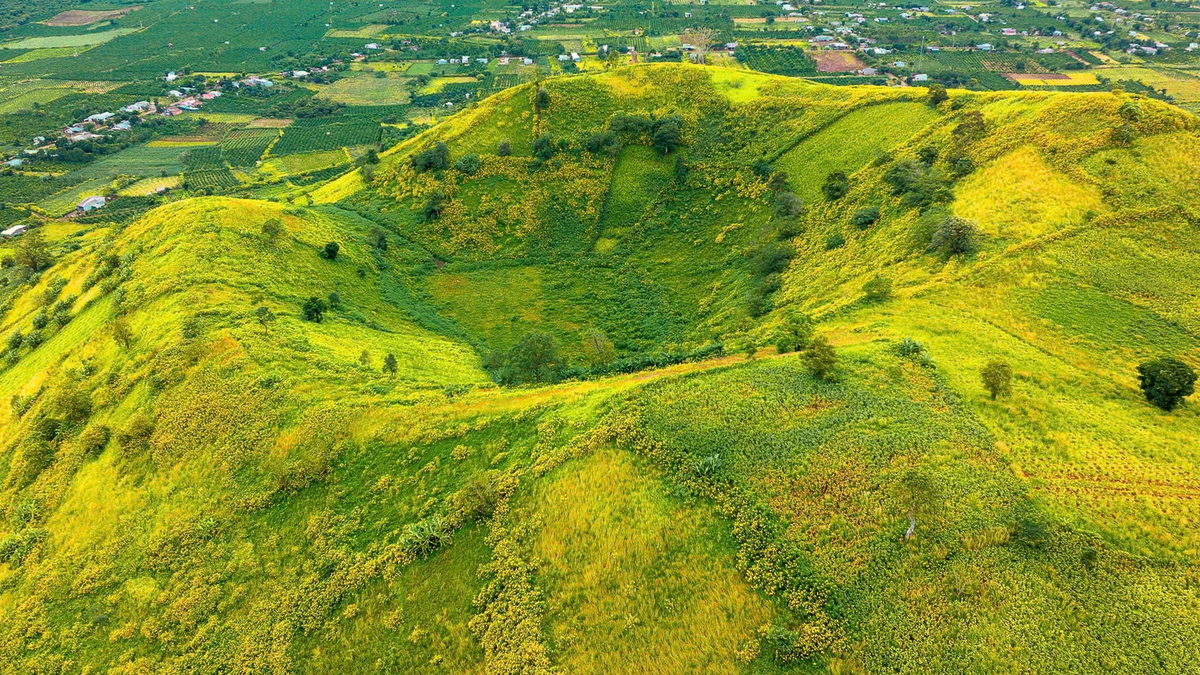


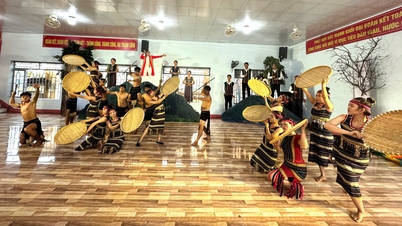




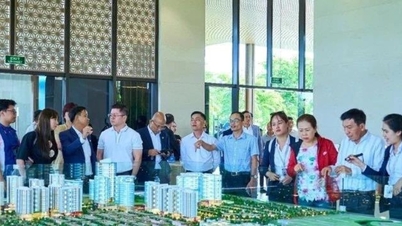



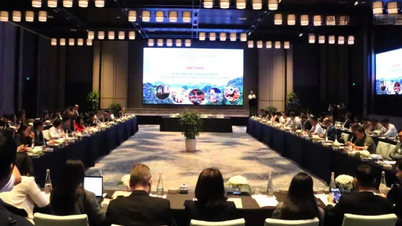

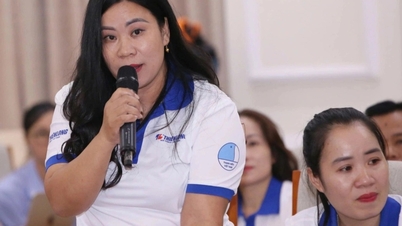

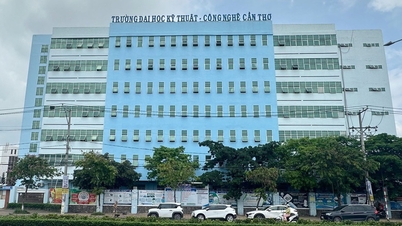

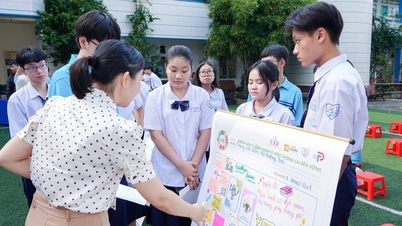

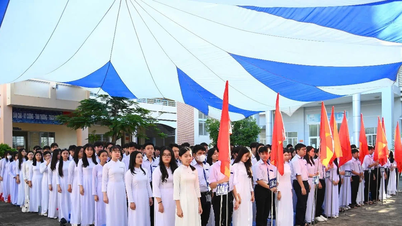






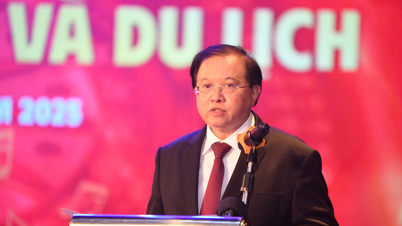



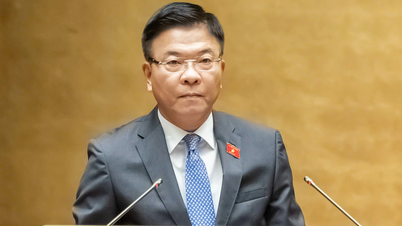





















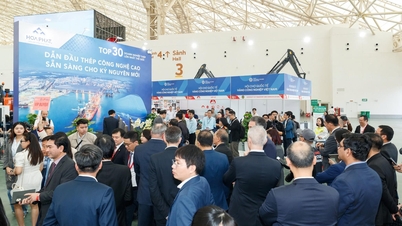
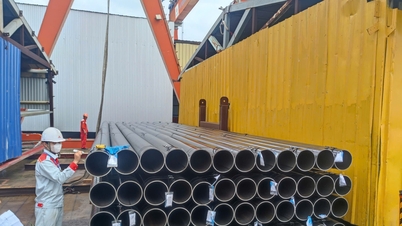













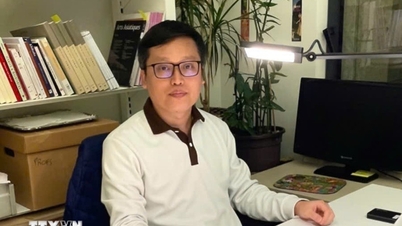

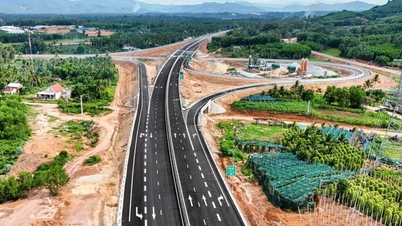
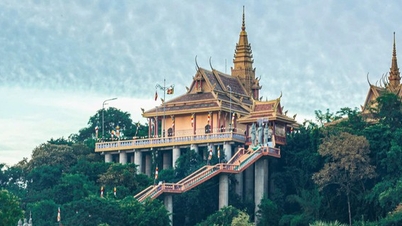
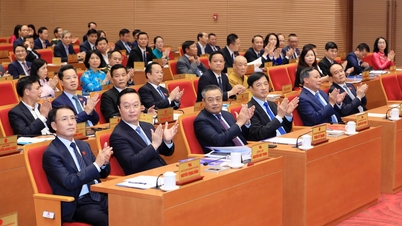


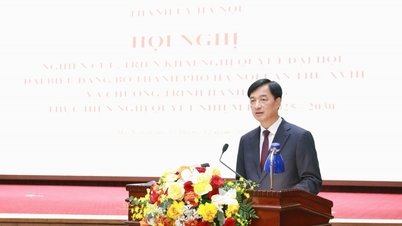


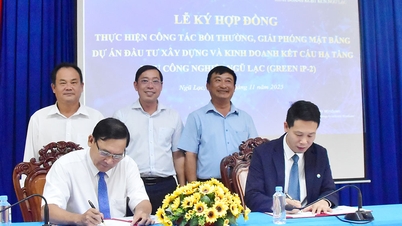

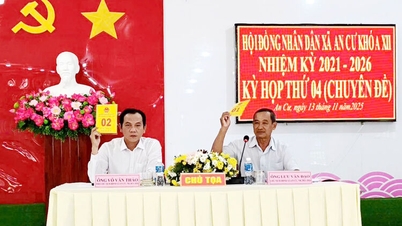





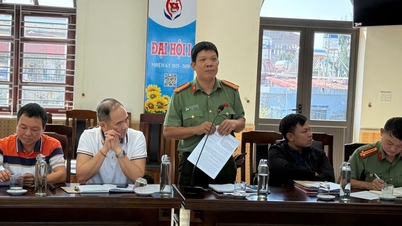

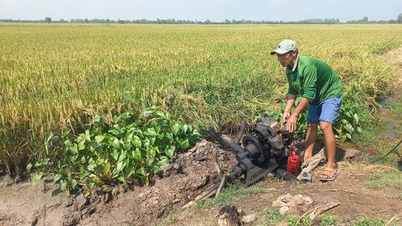





![Dong Nai OCOP transition: [Article 3] Linking tourism with OCOP product consumption](https://vphoto.vietnam.vn/thumb/402x226/vietnam/resource/IMAGE/2025/11/10/1762739199309_1324-2740-7_n-162543_981.jpeg)







Comment (0)